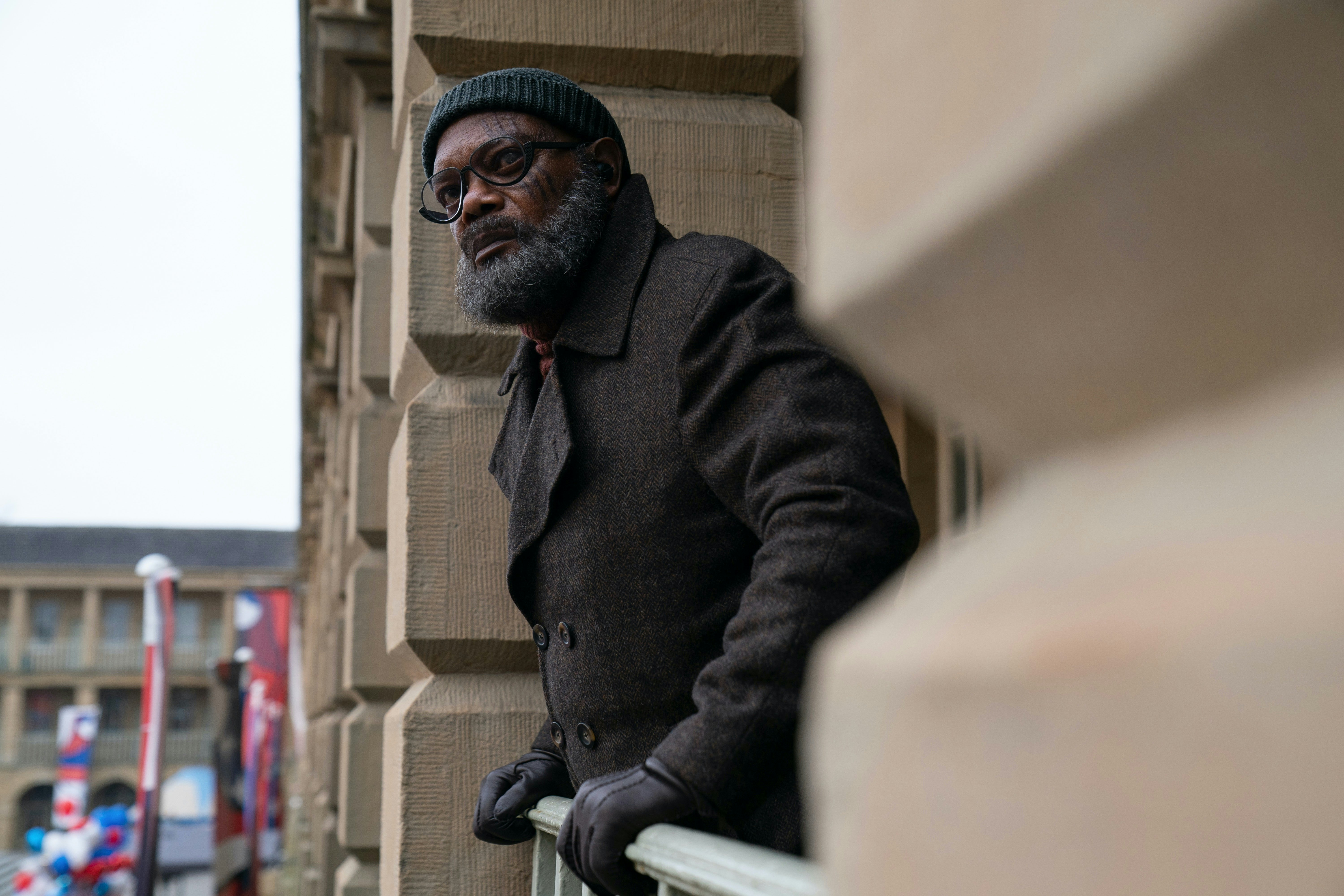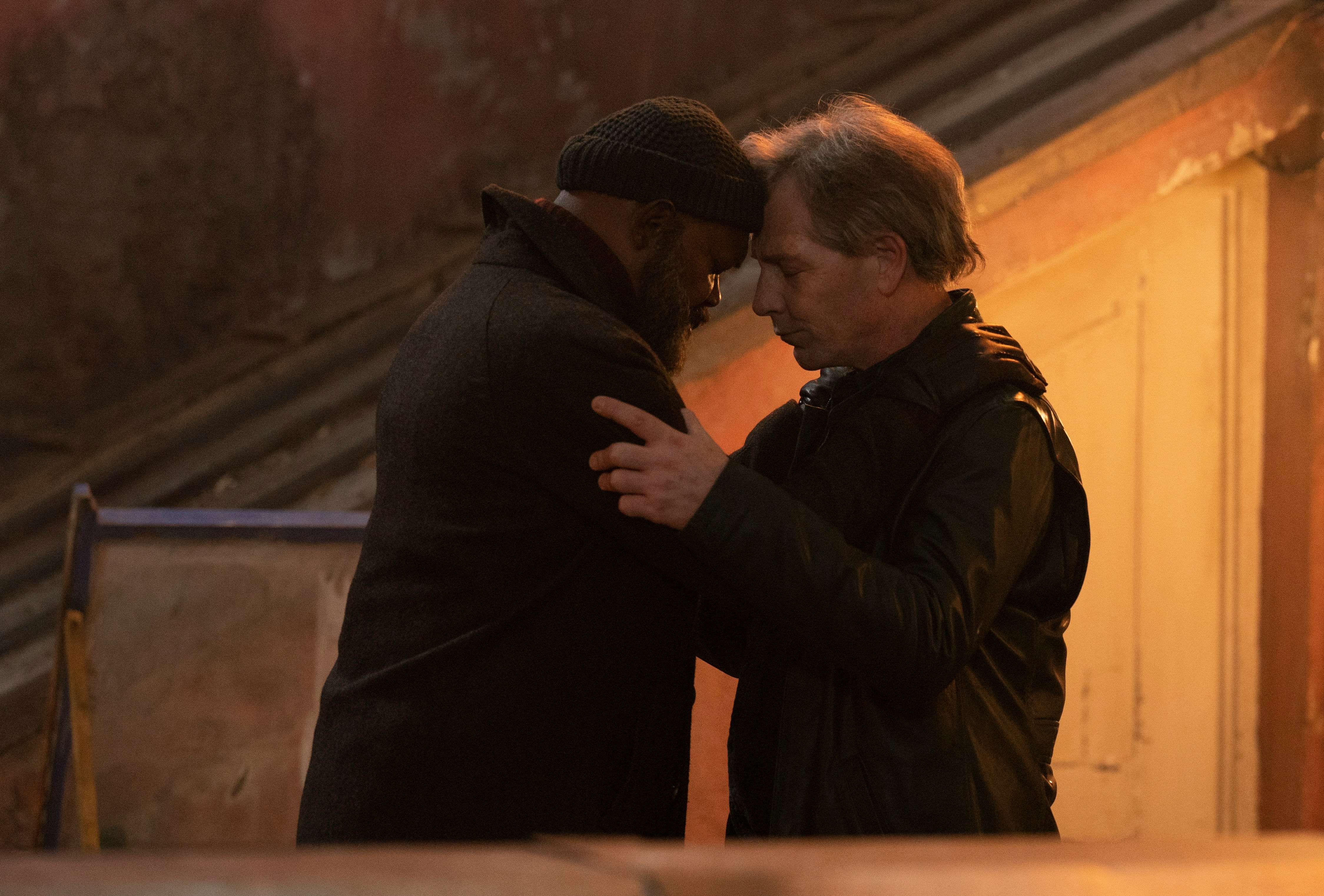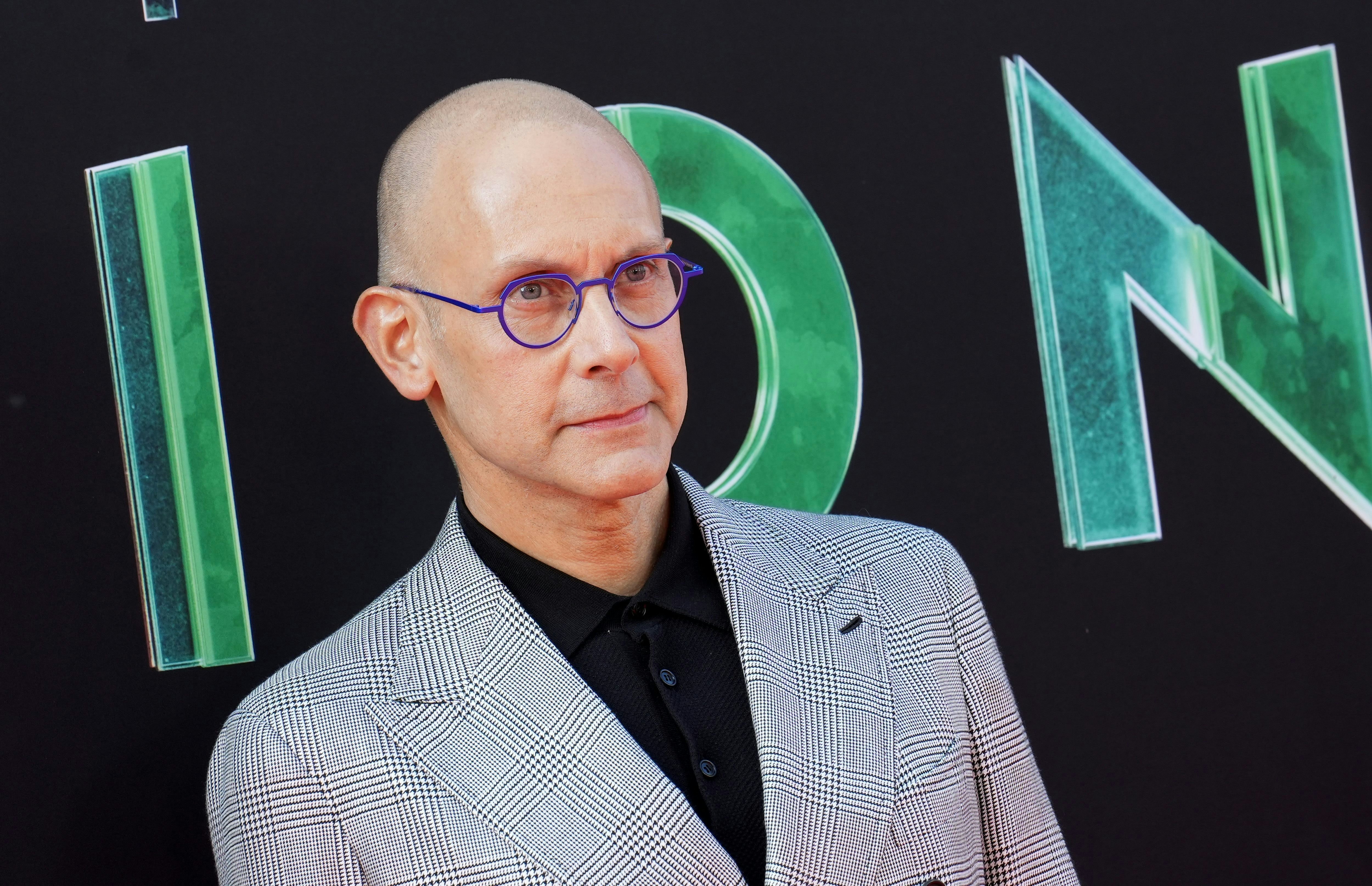
Secret Invasion is an adaptation of one of the most fan-beloved comic events: the secret invasion of the Skrulls into the comic heroes’ ranks. But that whole conceit is a lot harder to set up after Captain Marvel established Skrulls as sympathetic refugees taking shelter on Earth. How did director Ali Selim’s navigate this obstacle while staying loyal to the beloved comic book arc? Simple: he didn’t.
“I was told on the first day, don't even bother reading them,” Selim tells Inverse. “It has nothing to do with this series.”
The six-episode Disney+ miniseries isn’t really an adaptation of the comics as much as it is a showcase of some of the best characters — and actors — the franchise has ever seen. “The series really was born out of the energy that Marvel witnessed when they saw Sam Jackson and Ben Mendelsohn on screen in Captain Marvel,” Selim says. “And they said, ‘We have to continue this. It's just too electric.’”
Though Secret Invasion is Marvel’s first espionage thriller series, it’s not Selim’s first rodeo with the genre. The television director has gone from conspiracy drama to conspiracy drama, from The Looming Tower to Condor to The Calling. In Secret Invasion, Nick Fury is at the center of a conspiracy that involves a Skrull invasion, which he must juggle alongside his own personal demons.
Inverse spoke to Selim about the Nick Fury character, how the series is almost a Western, and his hopes for the future.
This conversation has been edited for clarity and/or brevity.

Did you consult with any other MCU writers and directors to keep the lore straight?
Part of my job was shepherding a very powerful and valuable brand and understanding it. But the biggest part of my job was telling the story that exists within these six episodes, creating a box that would be logical and thrilling in and of itself. And anything that sparks off of this and continues the MCU, or follows from something that came from the MCU, it's really Kevin Feige’s job to keep me honest. My job was to keep blasting the doors off of it, and his job was to keep putting the doors back.
“I think the greatest drama lies in people lying to one another.”
What were your influences outside of Marvel?
I love the genre, political thriller, espionage genre, and [the concept of] trust. I think the greatest drama lies in people lying to one another whether we know it or we don't know it. So, it made this a very human, classical drama for me. It turns me back to classics of the genre like The Third Man.
I always look to Francis Coppola's The Conversation, which I think is brilliant. And Nick Fury at some point in this story realizes that this is his own fight — he evolves from a political thriller detective into a lone wolf like in the classic American Western. We spent a lot of time with The Searchers and Unforgiven, and so it evolves from a political thriller into a classic American Western.
This series deals with the aftermath of the Blip as a major theme. Do you think it's important to explore that even though other recent Marvel shows have completely ignored it?
People need to know what the Blip is to understand this, but I think really what happened to Nick Fury is disorientation and isolation that put him on his back foot. That, in all honesty, is not that different from the pandemic lockdown, just disappearing from human life and wondering when will it continue again.
Sam [Jackson] and I talked about how that informed us almost more than the science fiction reality of the Blip. But it's good to know what the Blip is because my wife doesn't know the Blip or the Snap, and she was very confused by the first episode.

You have experience in directing a lot of espionage thrillers. How did directing Secret Invasion differ from your past work?
In some ways it doesn't differ at all, because your job is to be prepared, stay focused, and show up ready to work with great actors. In other ways, it was this balance of telling this story that needed to exist within itself and yet could not exist without the power of the MCU. So, slightly different than a self-contained story like I've done in the past. It makes it trickier and it makes it more enriching in many ways.
“Skrulls are other, and Nick has an other within himself.”
How did you handle the themes of Black masculinity that are sprinkled throughout Nick Fury’s story?
What I spoke about before I got the job and when I was working with Sam, it's more a story of identity and “other,” as opposed to Black masculinity. I think that's something that Sam brings to it and examines that clearly I am not able to in any educated way.
But I'm half Egyptian, I've always grown up with this sense of other. And I think I brought that to the consistency of the story as always examining. Skrulls are other, and Nick has an other within himself and he's an other within this culture. It's really more universal themes of other, as opposed to Black masculinity today.







